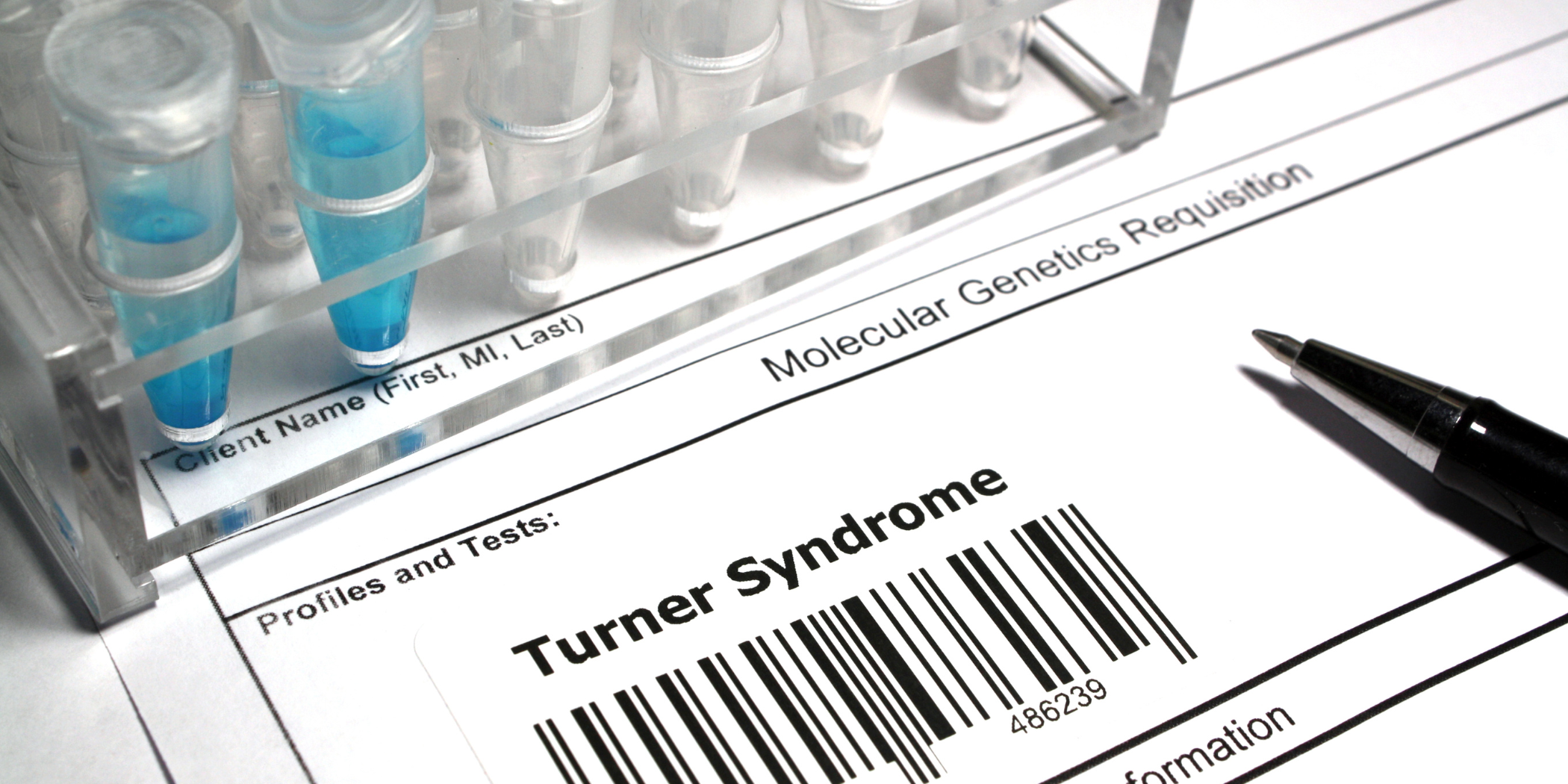Table of Contents
Introduction About What Is Turner Syndrome
What Is Turner Syndrome – In the spectrum of chromosomal conditions, Turner Syndrome (TS) is a unique disorder affecting females, where one of the X chromosomes is missing or partially missing. This condition, touching lives across the globe, is a beacon calling for deeper understanding and awareness. Let’s delve into the realms of Turner Syndrome, shedding light on its facets, from symptoms and treatments to life expectancy and daily impacts.
What is Turner Syndrome?
Turner Syndrome manifests in females when one of the X chromosomes is completely or partially absent, leading to a variety of medical and developmental issues. It’s recognized as one of the most common chromosomal disorders among females and a significant reason behind infertility. Despite its challenges, many affected by Turner Syndrome lead fulfilling lives, thanks to advancements in medical science.
Causes and Diagnosis of Turner Syndrome
The genetic blueprint of Turner Syndrome lies in the missing or incomplete X chromosome, though the exact cause of this chromosomal nondisjunction remains unclear. Diagnosis often occurs through prenatal testing, newborn screenings, or later in life if characteristic symptoms prompt further investigation. Early diagnosis is crucial for managing the condition effectively.
Common Symptoms of Turner Syndrome
Symptoms and physical characteristics can vary widely but often include short stature, delayed puberty, infertility issues, and certain distinctive physical features. Heart defects and learning difficulties may also be present, underscoring the importance of a comprehensive approach to care and management.
Turner Syndrome and Life Expectancy
A common query surrounds the life expectancy of those with Turner Syndrome. With appropriate medical care, focusing on heart and kidney health, individuals with Turner Syndrome can enjoy a life expectancy comparable to the general population. It underscores the importance of early and ongoing healthcare interventions.
Treatment Options for Turner Syndrome
Treatment for Turner Syndrome is highly individualized, encompassing growth hormone therapy to address short stature, estrogen replacement therapy to prompt sexual development, and fertility treatments for those desiring to conceive. The objective is always to enhance the quality of life and address the specific needs of the individual.
The Impact of Turner Syndrome on Daily Life
Living with Turner Syndrome involves navigating various challenges, from physical health issues to social and psychological aspects. Support groups, counseling, and educational support play pivotal roles in helping individuals and families adapt and thrive.
Turner Syndrome and Pregnancy
Pregnancy for women with Turner Syndrome carries its set of challenges and risks, necessitating careful planning and medical oversight. However, advances in reproductive technology offer hope and possibilities for those wishing to become mothers.
Living with Turner Syndrome
The daily experiences of those with Turner Syndrome are marked by resilience and determination. Beyond the medical challenges lie stories of success, achievement, and the quest for normalcy, painting a picture of life lived with courage and grace.
The Role of Research in Turner Syndrome
Research into Turner Syndrome continues to unlock new understandings and possibilities, from unraveling its genetic origins to developing innovative treatment approaches. This ongoing quest for knowledge promises brighter futures for those touched by Turner Syndrome.
Conclusion (What Is Turner Syndrome)
Turner Syndrome, with its complexities and challenges, also brings stories of hope, resilience, and the indomitable human spirit. As we peel back the layers of this condition, we find not just the struggles but the triumphs of those living with Turner Syndrome. With continued research, support, and awareness, the journey of understanding Turner Syndrome evolves, paving the way for enhanced lives and futures filled with possibility.
FAQs About What Is Turner Syndrome
What is Turner Syndrome?
Turner Syndrome is a chromosomal disorder affecting females, characterized by a missing or incomplete X chromosome.
How is Turner Syndrome diagnosed?
It can be diagnosed through prenatal testing, newborn screenings, or later in life-based on physical symptoms.
What are the common symptoms of Turner Syndrome?
Symptoms include short stature, delayed puberty, infertility, and certain heart and kidney issues.
Can Turner Syndrome affect life expectancy?
With proper medical care, individuals with Turner Syndrome can have a normal life expectancy.
What treatments are available for Turner Syndrome?
Treatments may include growth hormone therapy, estrogen replacement therapy, and fertility treatments.
How does Turner Syndrome impact daily life?
It can pose physical, social, and psychological challenges, but support and intervention can significantly improve quality of life.
Can women with Turner Syndrome get pregnant?
Yes, but pregnancy may require careful planning and medical support due to higher risk factors.
Is Turner Syndrome hereditary?
Turner Syndrome is not typically inherited and usually occurs as a random genetic event.
Are there support groups for Turner Syndrome?
Yes, many support groups and resources are available for individuals and families.
How important is research in Turner Syndrome?
Ongoing research is crucial for understanding Turner Syndrome better and developing advanced treatments.
To Read More Articles About Health, Click Here




